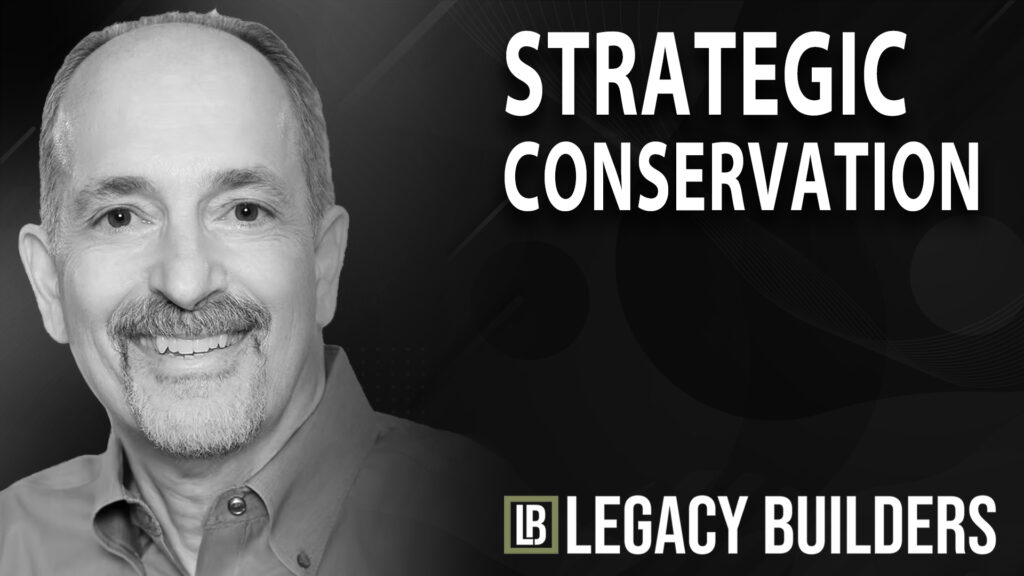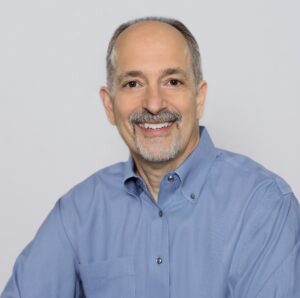Partnerships for Strategic Conservation – Barry Gold

Barry Gold Outlines a Bold Vision for Conservation and Sustainable Development
Africa is on the brink of a transformation—one that will define the future of the continent and, ultimately, the planet. With its population projected to double from 1.3 billion today to 2.2 billion by 2050 and reach nearly 4 billion by 2100, the demand for natural resources, food, and water security will be unprecedented. Recognizing this urgent reality, Barry Gold, a consultant for the ROB Walton Foundation, is spearheading an ambitious initiative to protect Africa’s critical ecosystems and ensure that conservation becomes an engine for sustainable economic growth.
Gold’s approach is rooted in a powerful insight: protecting natural infrastructure is not just about safeguarding biodiversity—it is about securing the future for millions of people. “What we want to talk about is what’s going to be needed to support that population, and that’s the natural infrastructure that we all depend on,” Gold emphasized in a recent speech. “In short, the natural infrastructure in Africa supports the future of that continent and the future of the planet.”
A Strategy for Conservation with Measurable Impact
In response to commitments made by African leaders—such as the Kigali Call to Action and the 30×30 Pledge—Gold and his team have devised a targeted, results-driven approach to conservation. Rather than attempting to protect all 8,000 designated protected areas in Africa, the initiative focuses on 164 key ecosystems. These areas were selected based on four criteria: size, irreplaceability, connectivity, and habitat integrity.
“If you can get these 164 ecosystems effectively managed—just 6% of the African continent—you can provide the kinds of resources and benefits that are going to be needed for the future of the African population,” Gold explained. This concentrated effort will not only preserve biodiversity but also ensure clean water for one out of five Africans.
A Public-Private Partnership to Fund Lasting Change
Financing large-scale conservation efforts has historically been a challenge. Estimates suggest that protecting global biodiversity could require up to $30 billion annually. Gold, however, believes that a more focused, efficient investment can yield significant returns. “Our analysis suggests that you can get to effective management of these 164 for $1.25 billion per year,” he noted, emphasizing the cost-effectiveness of this approach compared to traditional conservation models.
To achieve this, the initiative is leveraging a blend of philanthropic, governmental, and corporate funding. A key development in this strategy is the creation of the U.S. Foundation for International Conservation, a public-private partnership designed to provide consistent funding for protected areas. “We don’t want to provide all the funding upfront,” Gold explained. “We want to provide 30 to 40% of the required funds, which in turn leverages additional support from governments, the private sector, and local communities.”
This funding model has already gained traction, with bipartisan support in the U.S. Congress. “It was truly bipartisan and bicameral,” Gold said, highlighting the involvement of leaders such as Senator Lindsey Graham, Senator Chris Coons, and Representative Mike McCall. Interestingly, military veterans have also backed the initiative, recognizing its potential to enhance regional security. “They told us, ‘You’re missing another key element—this provides security. We’ve seen when you have these protected areas effectively managed, insurgents don’t have a place to go.’”
Community-Led Conservation: A Model for Success
One of the defining principles of this initiative is African ownership. Gold made it clear that conservation efforts must ultimately be led and managed by African organizations and local communities. “We have to start protecting now, in parallel with building the capacity. But ultimately, this has to be run and owned by Africans themselves,” he stated.
A significant part of this strategy involves engaging communities in ways that promote economic development while preserving ecosystems. Gold shared a compelling example from Rwanda’s Akagera National Park, which has become self-sustaining through tourism revenue. Another success story is the partnership with Nando’s, the popular restaurant chain, which now sources 30% of its chilies from farmers near protected areas. “They started with 40 farmers. Four years later, they have 400,” Gold noted, demonstrating how conservation efforts can create thriving rural economies.
Additionally, former poachers are now being trained as conservation rangers, using their knowledge of wildlife tracking to protect animals rather than hunt them. “I asked them, ‘Why would you give up poaching?’” Gold recalled. “They told me, ‘As poachers, we didn’t have respect in our community. As anti-poachers, we do. And now we have stable salaries, own homes, and can send our kids to school.’”
A Race Against Time
Despite the progress being made, Gold stressed the urgency of immediate action. “We have a window of 10 to 20 years, and if we don’t do this in that period of time, we will lose what is just an amazing, valuable resource,” he warned.
The stakes could not be higher. The success of this initiative will determine not only the fate of Africa’s ecosystems but also the livelihoods of millions of people. Conservation is no longer just an environmental issue—it is a matter of economic development, public health, and global stability.
Through targeted investment, community-led solutions, and a bold commitment to sustainability, Barry Gold and his team are proving that conservation is not just about protecting nature—it is about securing the future for generations to come.
 Barry Gold
Barry Gold
Principal of Earth Resilience Group
Barry is a consultant for the Rob Walton Foundation (RWF) working to advance large landscape scale conservation in Africa through the development of an African Keystone Protected Area partnership. He also leads RWF’s work on ocean conservation.
Barry has more than 20 years of experience in leadership positions at the Walton Family Foundation, the Gordon and Betty Moore Foundation, and the David and Lucile Packard Foundation. In addition, he was President of the Board for the Biodiversity Funders Group, the leading affinity group for U.S. environmental philanthropy.
Prior to his work in philanthropy he helped create the National Biological Service at the U.S. Department of the Interior and led its merger with the U.S. Geological Survey. He also helped develop and lead the Glen Canyon Dam adaptive management program, an effort to protect some of the most highly prized scenic and natural resources in the U.S. while balancing potentially conflicting social and political interests and demands upon the Colorado River ecosystem.
Before that he was a s senior staffer for the U.S. House of Representatives’ Committee on Science, working on issues ranging from risk assessment to the Clean Water Act to the federal budget. And, before that, he held senior positions at the U.S. National Academy of Sciences and the American Association for the Advancement of Science.
In 2017 he received the National Champion of the Ocean Award for his work to advance marine spatial planning, past recipients have included Leon Panetta and Christy Todd Whitman. In 2007 he was elected a Fellow of the American Association for the Advancement of Science (AAAS) for “…enhancing scientific literacy in the electorate, academia, agencies, and philanthropic organizations, and for training the next generation of leaders at the science-policy interface.”
Barry has a B.S. in biology from the University of Miami, an M.S. in marine ecology from the University of Connecticut, an M.A. in political science, from George Washington University and a D.Sc. with a focus on ecological modeling, from Washington University in St. Louis.
Mutual Funds and Tax Benefits
Mutual Funds and Tax Benefits What are the tax benefits available to those who invest in mutual funds? What are the tax liabilities, if any? Since, April 1, 2003, all dividends, declared by debt-oriented mutual funds (i.e. mutual funds with less than 50% of assets in equities), are tax-free in the hands of the investor.…
10 Ways to Cut Your Property Taxes
10 Ways to Cut Your Property Taxes By Paul W. Wilson Property taxes are decided collectively by school boards, town boards, legislators, and councils. The tax rate is set by collating the amount of funds an area needs. This is then divided by the “total taxable” assessed value of the area. The tax an individual…
How Easy is it for Wealthy MLBers to Avoid State Income Tax?
How Easy is it for Wealthy MLBers to Avoid State Income Tax? Spring is here and that means a lot of things to a lot of people. For many, spring means baseball is back, from Little League to the Majors, ball players are back on the diamond hitting homers, striking people out and stealing bases.…




